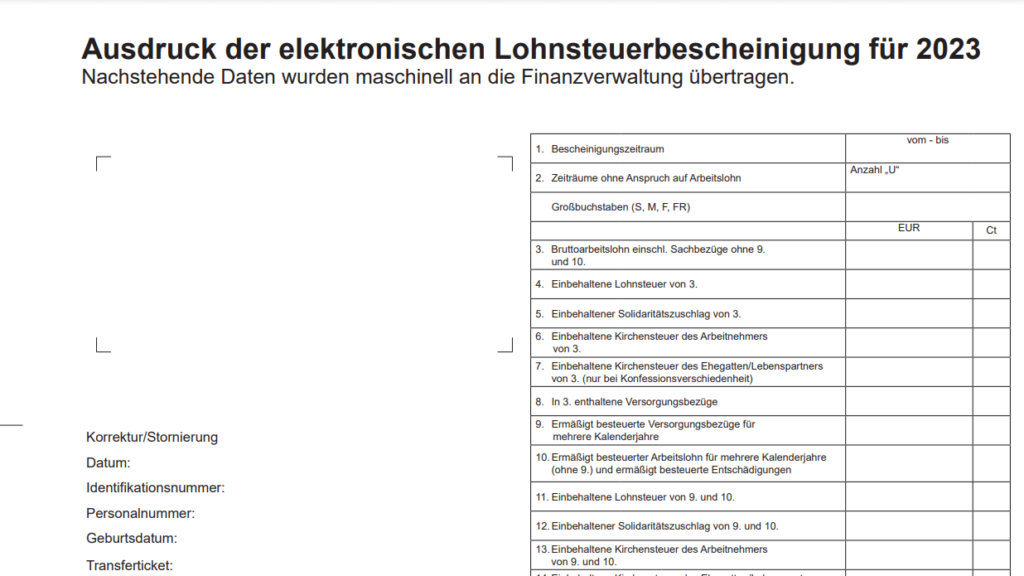Germany, renowned for its precision in engineering and efficiency in governance, boasts a tax system that accommodates its citizens’ varying income levels. At the heart of this fiscal structure lies the Grundfreibetrag, a term that translates to “basic allowance” in English. In this blog post, we delve into the intricacies of Grundfreibetrag, exploring its purpose, calculation, and impact on the German taxpayer.
Understanding Grundfreibetrag
The Grundfreibetrag serves as a cornerstone in Germany’s progressive income tax system. Unlike a flat tax rate, the German tax system levies higher percentages on higher income brackets. To ensure fairness and alleviate the burden on lower-income individuals, the Grundfreibetrag establishes a tax-free threshold – a haven for those earning modest incomes.
Purpose and Significance
The primary purpose of the Grundfreibetrag is to shield individuals with lower incomes from the weight of income taxation. Essentially, it sets a baseline below which citizens are exempt from paying income tax. This allowance recognizes that essential living costs should be deducted before the state claims its share, thereby providing a measure of financial relief to those on the lower rungs of the income ladder.
Calculation of Grundfreibetrag
The Grundfreibetrag is not a fixed amount but is subject to change based on economic conditions and legislative decisions. Tax authorities determine this figure annually, taking into account factors such as inflation and economic trends. The Grundfreibetrag for a specific tax year is subtracted directly from an individual’s total taxable income. Below you can find the tax free allowance in Germany for the past few years.
| Tax year | Single’s income range | Couple’s income range |
| 2023 | 10,908€ | 21,816€ |
| 2022 | 9,984€ | 19,968€ |
| 2021 | 9,744€ | 19,488€ |
| 2020 | 9,408€ | 18,816€ |
Impact on Taxpayers
For individuals whose income falls below the Grundfreibetrag, a sense of fiscal relief prevails. The entirety of their earnings up to this threshold remains untouched by income tax, allowing for a more equitable distribution of the tax burden. As income surpasses this threshold, only the surplus becomes subject to taxation, adhering to the principle of progressive taxation.
Changes and Updates
It’s crucial to note that tax laws are subject to amendments, and the Grundfreibetrag may see changes from year to year. Staying informed about these alterations is imperative for taxpayers and tax professionals alike, ensuring accurate compliance with current regulations.
Conclusion
In essence, the Grundfreibetrag stands as a beacon of fairness in Germany’s tax landscape. By providing a tax-free allowance, it recognizes the fundamental principle that individuals with lower incomes should bear a lighter tax burden. As we navigate the complexities of taxation, understanding the significance of the Grundfreibetrag sheds light on the commitment to equity embedded in Germany’s fiscal policies.


